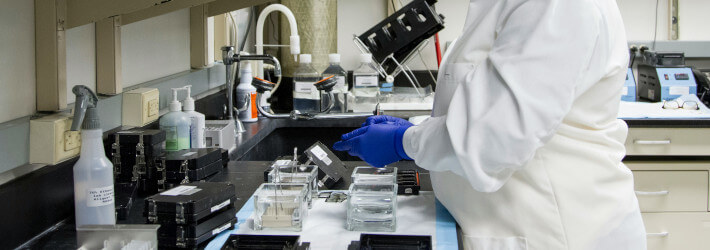On September 18, 2025, the Patent Trial and Appeal Board (“Board”) issued a Final Written Decision (“FWD”) in Merck’s IPR2024-00625 against The Johns Hopkins University’s (“JHU”) U.S. Patent No. 11,339,219 B2 (“the ’219 patent”), finding claims 1–8 of the ’219 patent unpatentable. Merck sells anti-PD-1 antibody Keytruda® (pembrolizumab), which is FDA-approved for patients with microsatellite instability-high (“MSI-H”) and dMMR colorectal cancer.
The Board’s analysis was similar to its June 9, 2025 FWD in IPR2024-00240, in which they found claims of JHU’s U.S. Patent No. 11,591,393 unpatentable (previously reported Pembrolizumab Patent IPR Final Written Decision Issued and Director Review Requested).
The Board agreed with Petitioner that the main prior art reference cited, a record of a Phase 2 clinical trial completed by JHU (“MSR”), teaches the efficacy requirement of claim 1, wherein a patient with an unresectable or metastatic MSI-H tumor and administered an effective amount of pembrolizumab would have an improved outcome over a reference patient that had been also administered pembrolizumab, but whose tumor does not exhibit an MSI-H status.
Additionally on September 19 and 23, 2025, the Board issued related FWDs in Merck’s IPR2024-00647 (U.S. Patent No. 11,649,287), IPR2024-00649 (U.S. Patent No. 11,629,187), and IPR2024-00650 (U.S. Patent No. 11,634,491), again with similar reasoning to its FWD in IPR2024-00240.
Merck reported $29.5B in worldwide Keytruda® sales in 2024.
For more information about these and other biosimilar patent disputes, please visit BiologicsHQ.
_____________________________________________________
The authors would like to thank April Breyer Menon for her contributions to this article.


